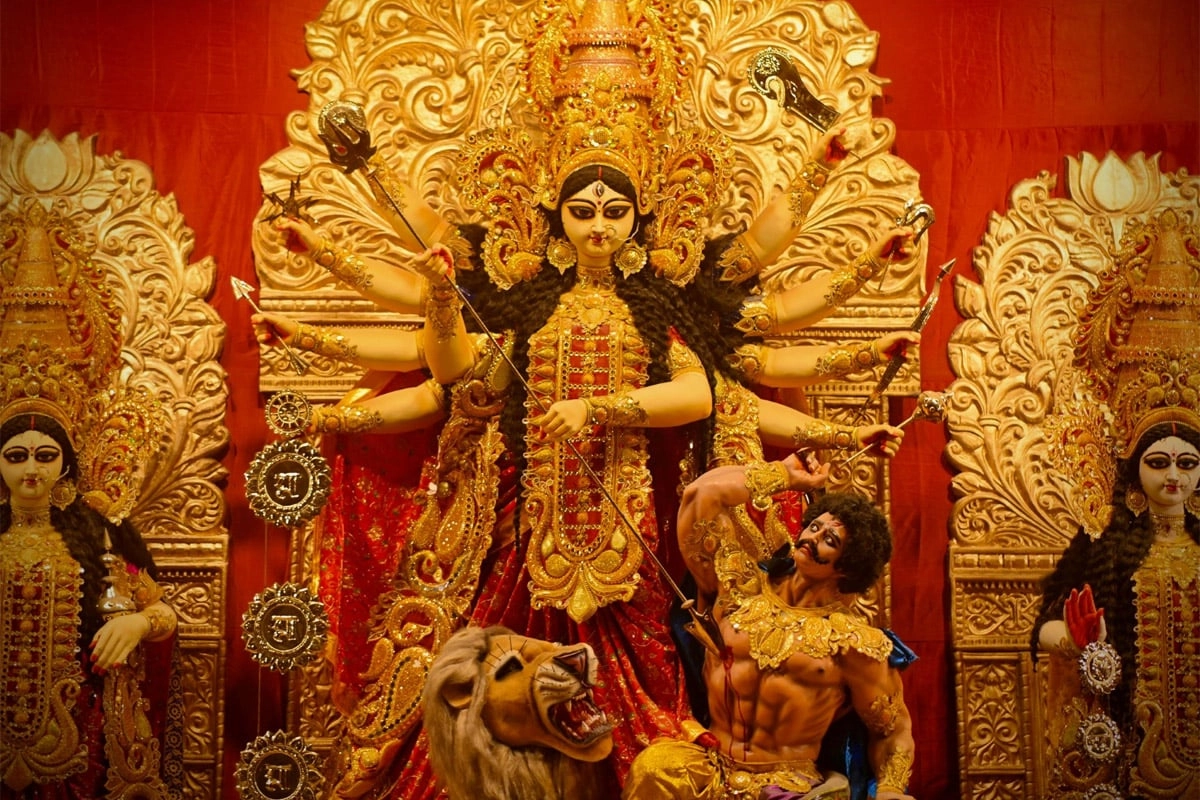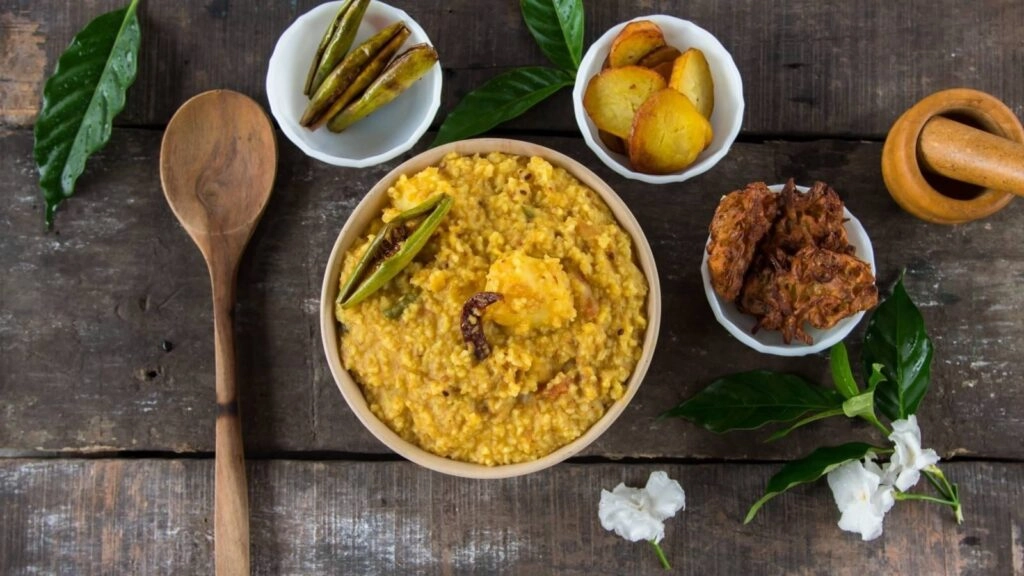Navratri, a significant festival in India, is predominantly celebrated with fasting and devotion across many regions. However, in Bengal, this tradition takes a unique turn as many Bengalis indulge in fish and meat during this holy period. This practice can be attributed to a blend of cultural, religious, and historical factors that shape the region’s approach to the festival. For Bengalis, the celebration of Navratri is not merely a time for abstaining from food but rather an opportunity to honor the goddess Durga, who is a central figure in their religious and cultural identity.
The roots of this practice can be traced back to the rich culinary heritage of Bengal, which has always held fish and meat in high esteem. The region is known for its diverse aquatic offerings, and fish is considered a staple in the Bengali diet. The consumption of non-vegetarian food during Navratri is viewed as a form of homage to the goddess, as she is often depicted as a fierce warrior who embodies strength and power. For many Bengalis, offering fish and meat to the goddess is a way to express gratitude and seek her blessings, reinforcing their connection to both their faith and their culinary traditions.
Moreover, the festival is celebrated with elaborate rituals and vibrant festivities in Bengal, where food plays a central role. The preparation of traditional dishes, including various fish curries and meat preparations, becomes an integral part of the celebrations. These culinary creations not only showcase the region’s gastronomic diversity but also foster a sense of community as families come together to prepare and share meals. This contrasts with the fasting observed in many other parts of India, where the emphasis is on abstaining from food as a form of penance and devotion.
In essence, the Bengali approach to Navratri highlights the importance of regional customs and beliefs in shaping how festivals are celebrated. While the rest of India may adhere to strict fasting practices, Bengalis embrace their cultural identity by incorporating their culinary preferences into their religious observances. This divergence underscores the rich tapestry of Indian traditions, emphasizing that spirituality can manifest in various forms, including through the celebration of food and shared experiences during significant festivals. Ultimately, the consumption of fish and meat during Navratri in Bengal reflects a harmonious blend of reverence, cultural pride, and the joy of communal feasting.




